A once bustling Walmart in Albuquerque, New Mexico, closed its doors a year ago, leaving residents in a bind. Without this retail giant, the eastern part of the city has become a “food desert,” impacting particularly low-income families.
Grocery shopping has turned from routine to a significant challenge, as the closest options are now miles away or priced out of reach, resulting in a community’s sudden shift from abundance to scarcity.
The Domino Effect
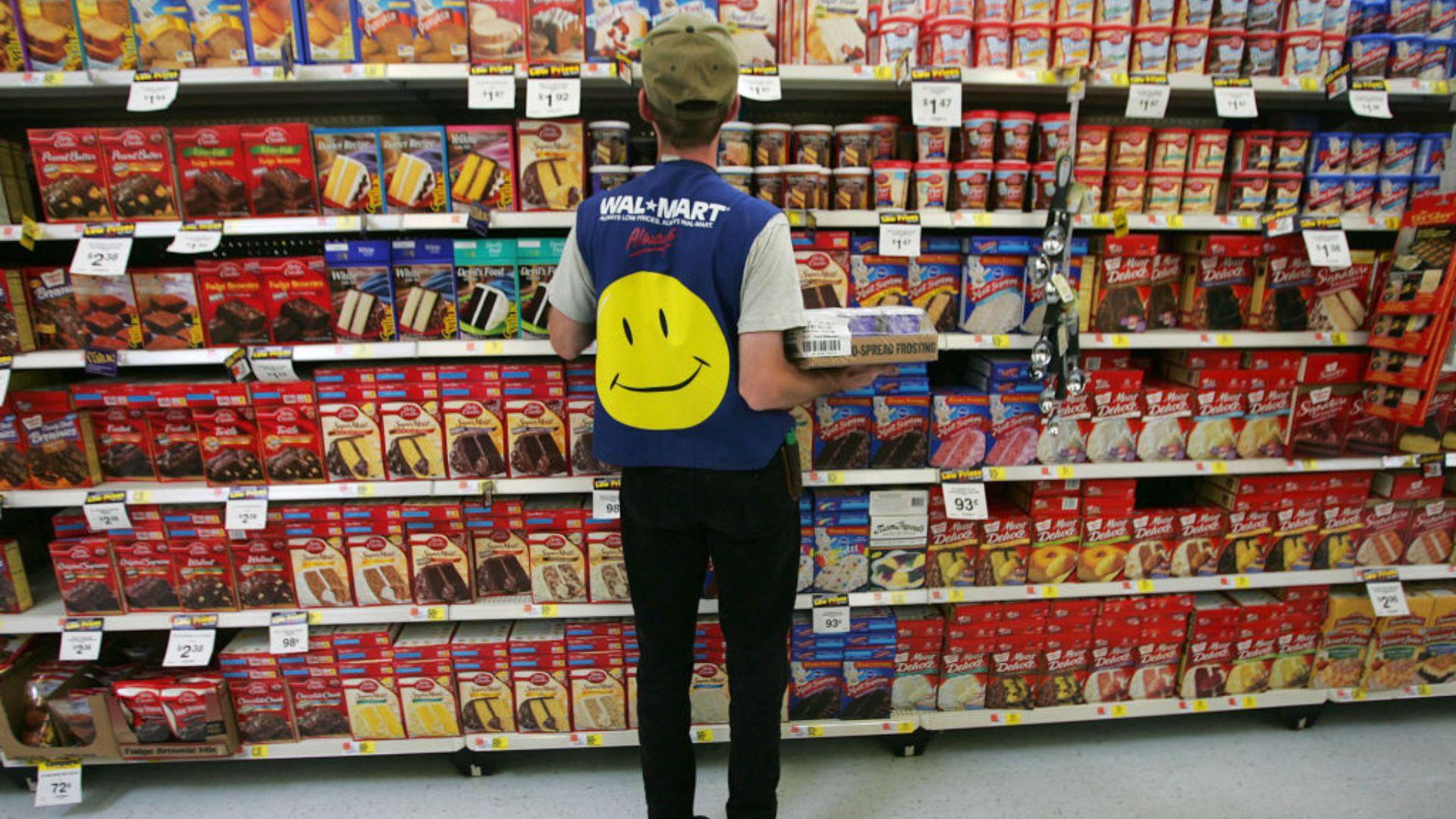
Following Walmart’s departure in March 2023, a nearby Walgreens and Family Dollar also shut down, deepening the crisis (via KOAT). This chain reaction left a gaping hole in the community’s access to affordable food and essentials.
Residents, once served by multiple retailers, now face even fewer choices, exacerbating the food desert condition.
The Immediate Impact on Food Access
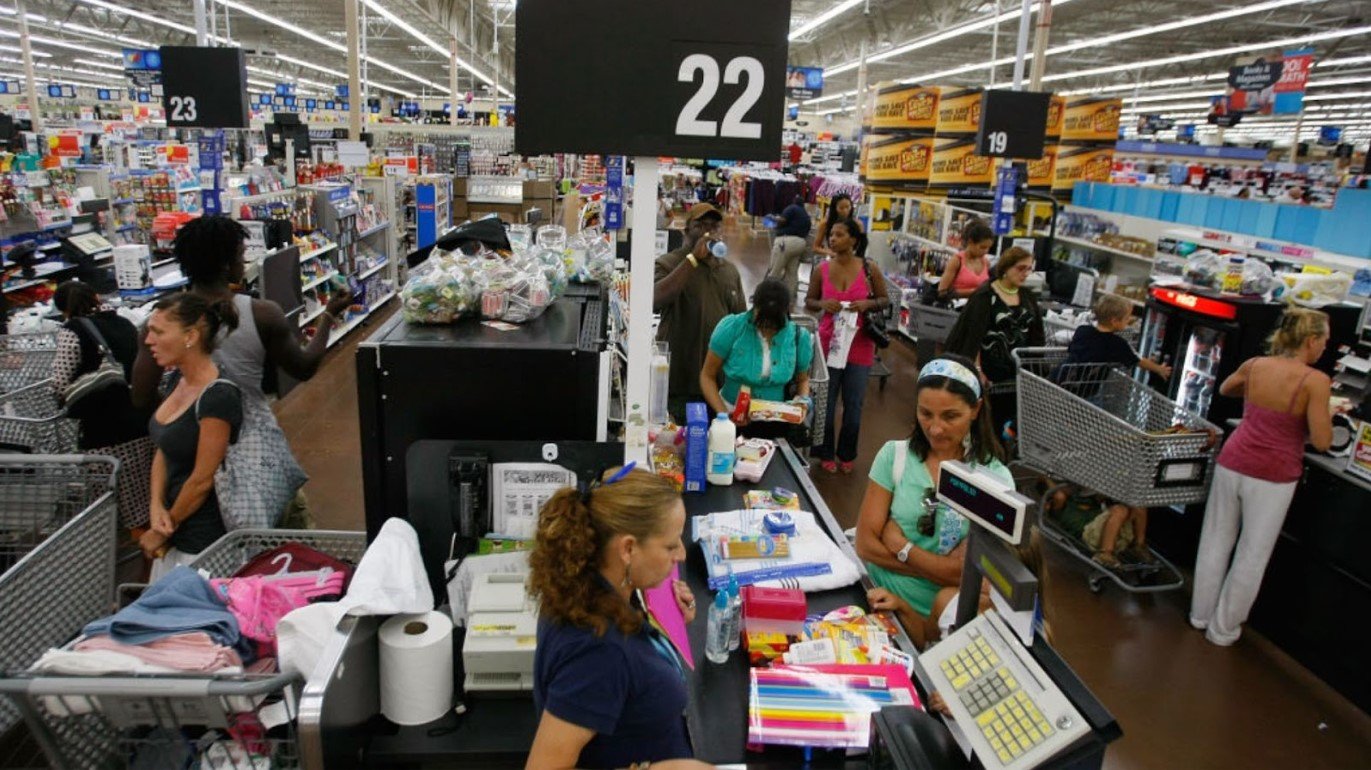
With the closures, families are forced to travel greater distances for groceries or pay higher prices at the remaining stores. Food pantries have become a lifeline for many.
Pastor Joanne Landry from Compassion Services Center observed, “It’s just amazing to see how they run to these tables, and in just a short matter of time, it’s gone” (via KOB). This quote captures the dire situation and the immediate impact on food accessibility.
The Plight of Food Pantries

Local food pantries, like the one run by Roxie Bradley at La Mesa Presbyterian Church, are facing unprecedented demand. Bradley said, “We just noticed every week there’d be more and more people coming that we hadn’t seen before” (via KOB).
These organizations are straining under pressure, grappling with limited resources to help the growing number of people in need.
Understanding Food Deserts
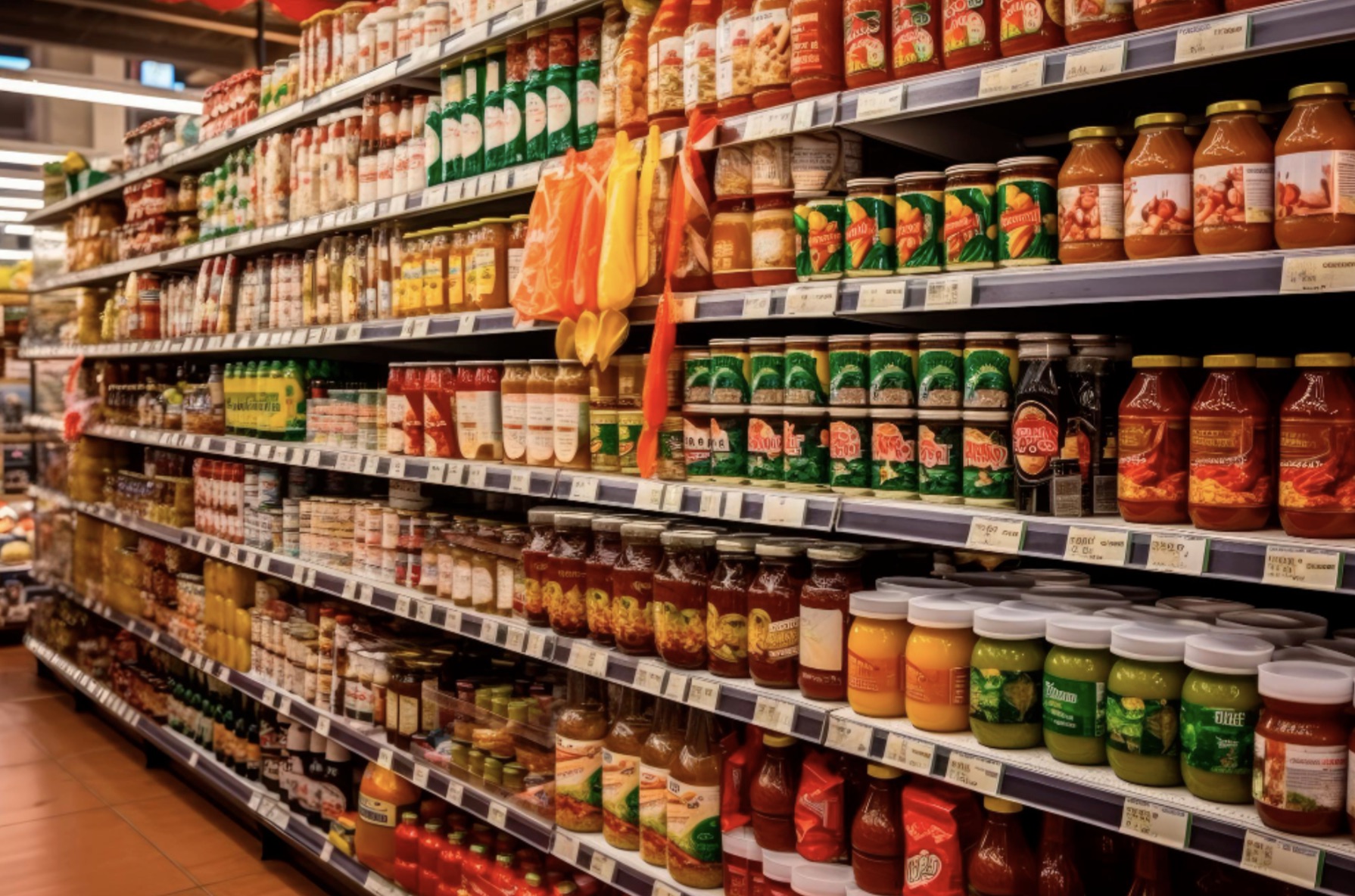
Food deserts are more than just a lack of supermarkets; they’re areas where affordable and nutritious food is hard to find, affecting primarily low-income neighborhoods (via AECF). This reality forces residents to either travel long distances for groceries or settle for less healthy options.
Understanding the dynamics of food deserts is essential for addressing Albuquerque’s growing food insecurity issues effectively.
United Family’s Expansion Plans

Addressing food accessibility, United Family has announced plans to open a new Albertsons Market in Lovington (via OAOA).
This initiative aims to mitigate food scarcity by providing fresh, affordable food options in underserved areas. The expansion reflects a commitment to tackling food deserts and revitalizing community access to nutritious food sources in New Mexico.
Price Gouging Concerns

In the vacuum left by Walmart and others, remaining stores might be capitalizing by hiking up prices. Pastor Landry suspects price gouging, an illegal practice, is part of the problem.
“Their food stamps just go quickly because they’re spending everything they have with high prices,” she told KOB.
Economic Impact of Supermarkets

Supermarkets are not just food sources; they’re economic engines. In New Mexico, over 330 grocery stores contribute $4.5 billion to the state’s revenue (via IBIS World).
Their role extends beyond commerce, affecting community health and employment. Supporting supermarket growth and stability is crucial for New Mexico’s economy and the well-being of its communities.
Economic Ripple Effects
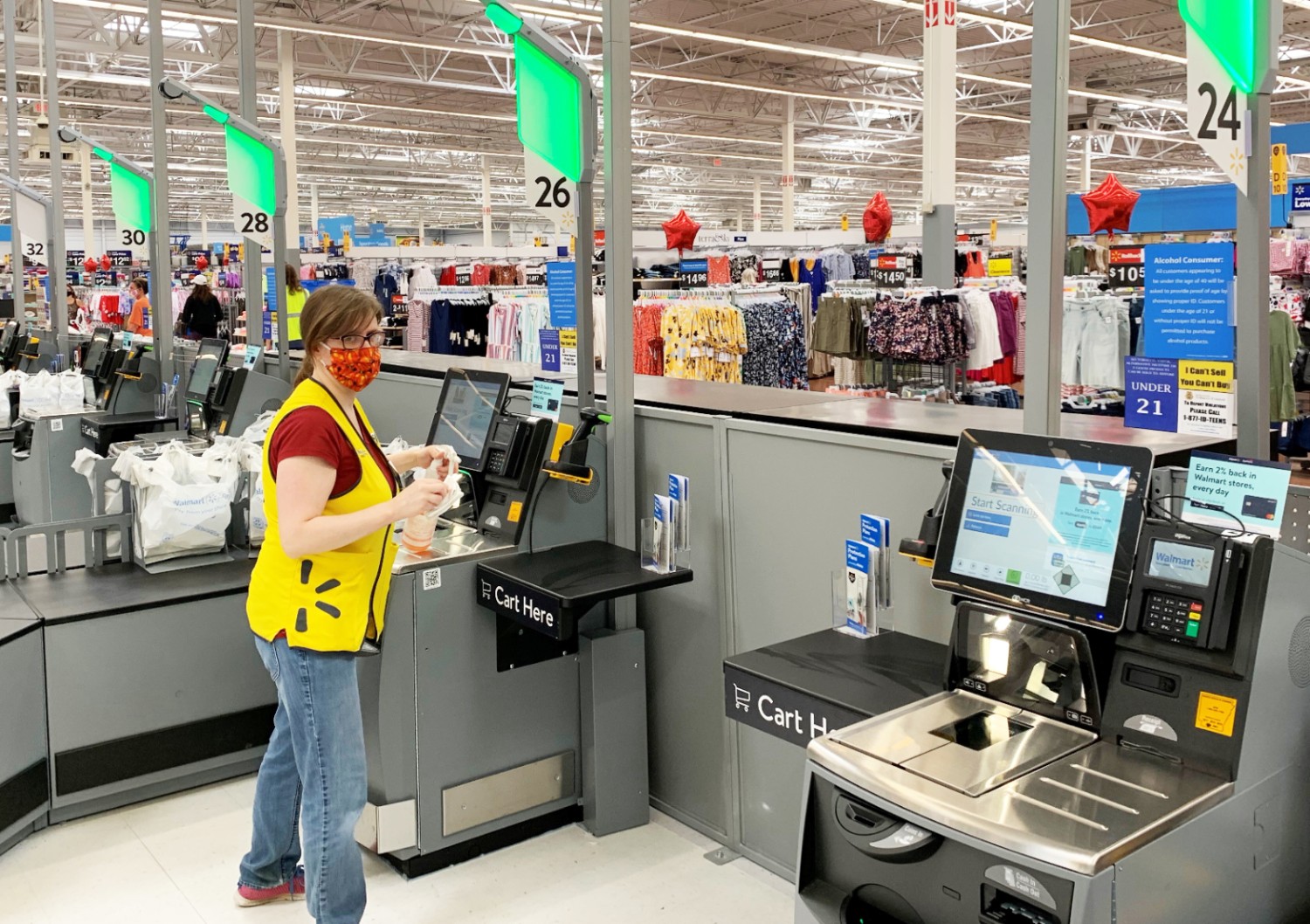
The closure of major retailers has triggered significant economic ripple effects throughout the Albuquerque community. With fewer local shopping options, residents must travel further and spend more on transportation, directly affecting their already strained budgets.
The loss of jobs associated with these stores further exacerbates the economic downturn, leading to increased unemployment rates (via Ycharts).
Local Government Steps In

Albuquerque City Councilor Nichole Rogers is aware of the issue, describing the area as not just a food desert, but also a pharmacy and school supply desert.
“Right now, we have a food desert, a pharmacy desert, we have a school supply desert,” she stated, speaking to KOB, underlining the broad impact of the closures. Rogers is actively seeking solutions and support to revitalize the neighborhood.
The Role of Mobile Farmers’ Markets
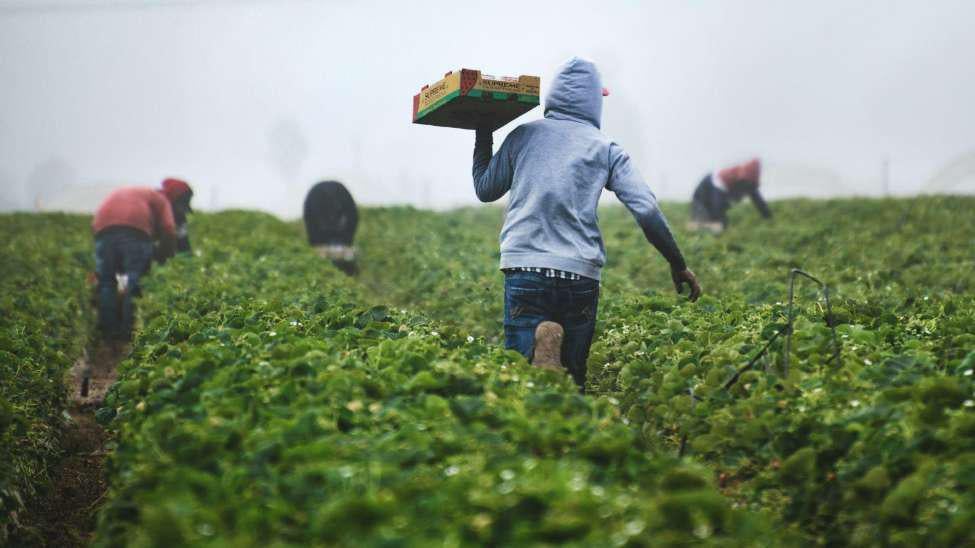
The Healthy Here Mobile Farmers’ Market (MFM) addresses Albuquerque’s food desert challenge by bringing fresh produce directly to those in need (via Healthy Equity Council).
This innovative approach not only improves access to nutritious foods but also supports local farmers, creating a natural relationship between urban consumers and rural producers.
The Battle Over Real Estate
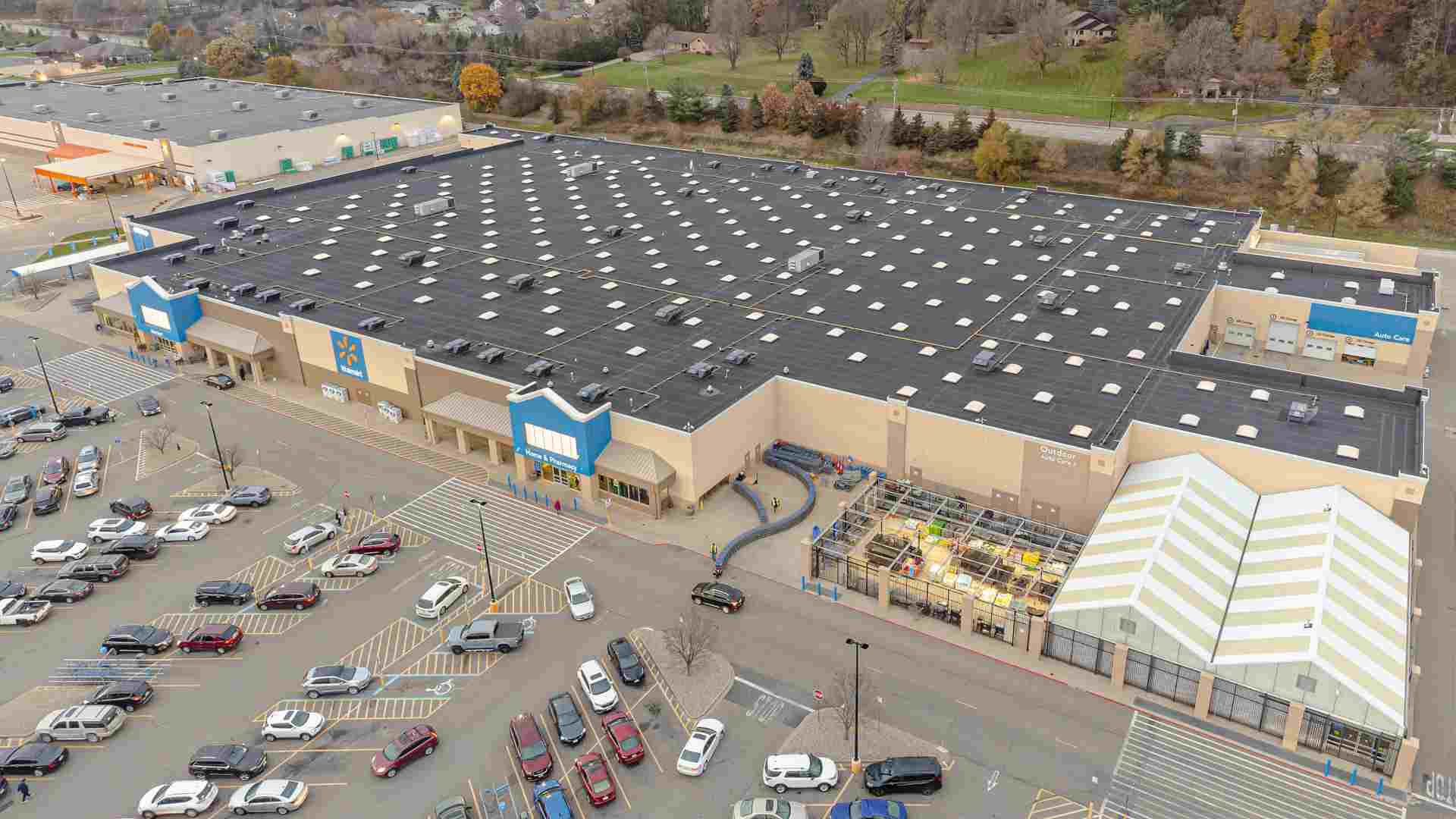
The empty Walmart has become a symbol of the community’s struggles, with debates swirling around its future.
Councilor Rogers said, “Walmart is holding out for the highest bidder, period. They’ve told the state one price, they told the city one price, they told local developers a completely different price. It’s gone up to like $15 million is the highest number I’ve heard for that particular property” (via KOB).
Calls for Sustainable Solutions
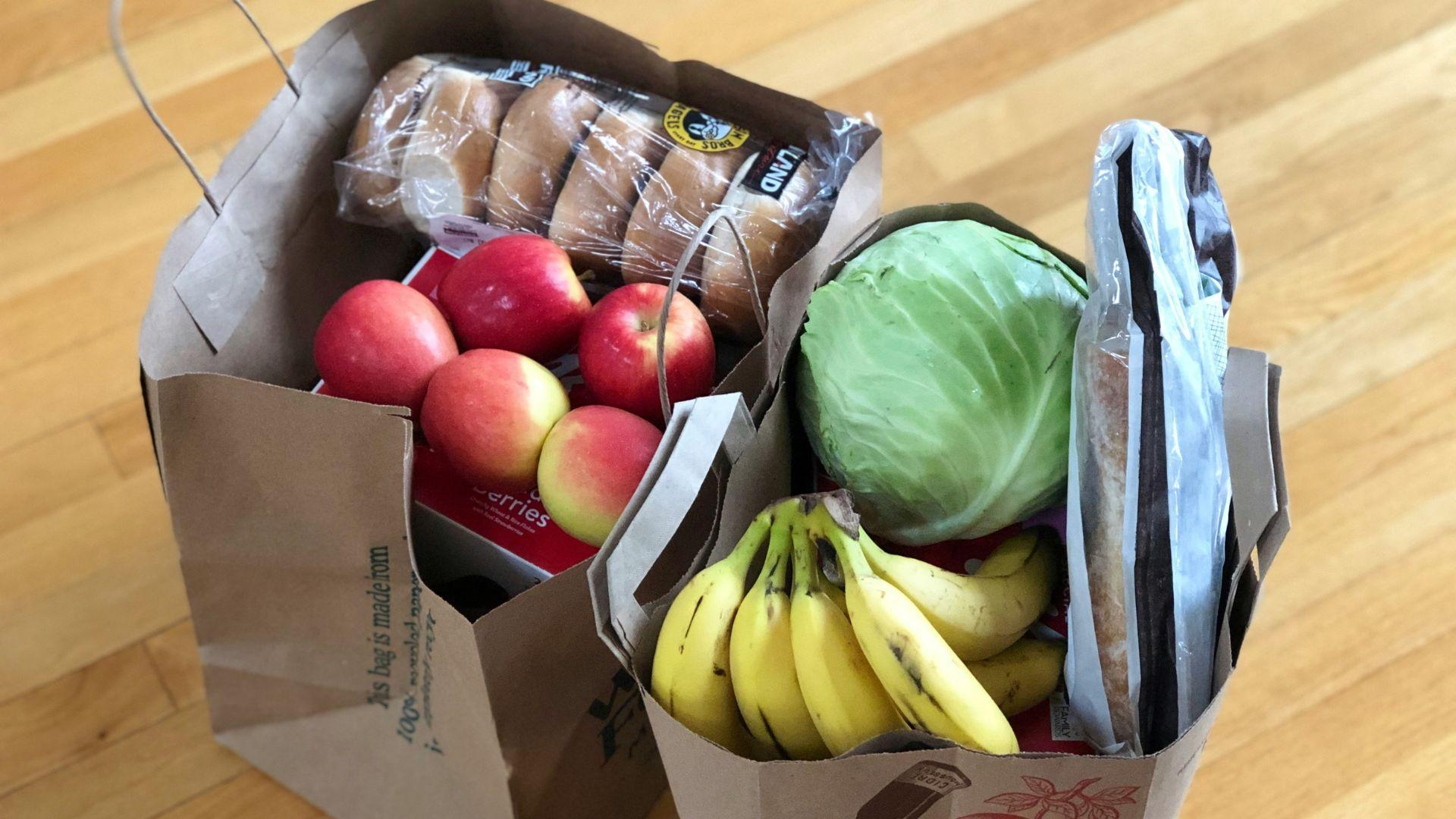
Beyond immediate relief, there’s a strong desire within the community for sustainable solutions. According to Rogers, residents aren’t just looking for replacements for the closed stores; they want options like co-ops and farmers markets.
These alternatives could provide long-term access to fresh, affordable food, aligning with the community’s aspirations for healthier and more self-reliant living.
Challenges Facing Rural and Urban Areas
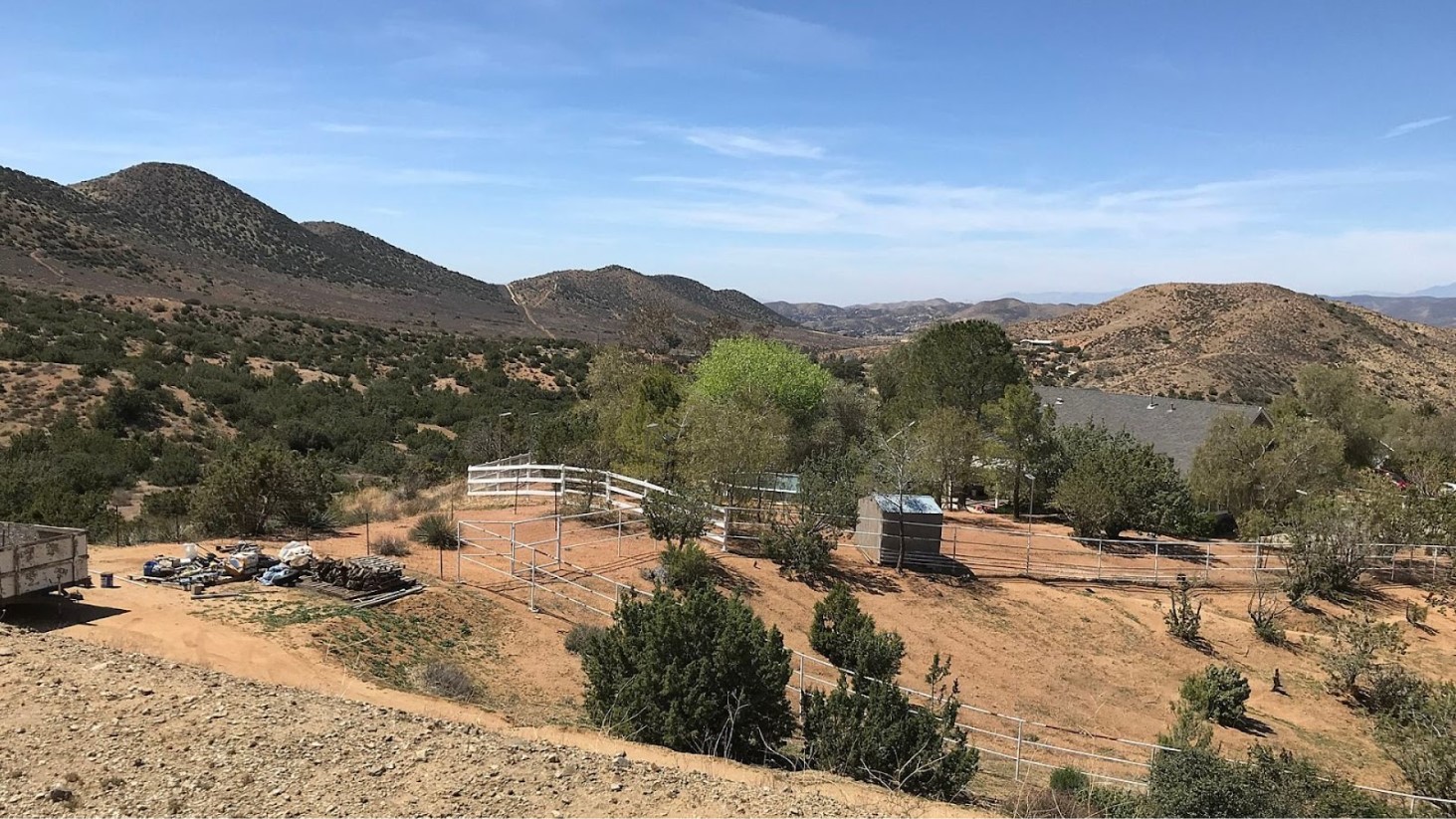
New Mexico’s demographic shifts present unique challenges to food security, with rural areas experiencing depopulation and urban areas grappling with density and diversity (via the Shelby Report).
Addressing the needs of both rural and urban residents with tailored solutions is critical for closing the food accessibility gap across the state.
Growth and Employment in the Grocery Sector

Despite facing significant challenges, New Mexico’s grocery sector is witnessing growth (via the Shelby Report), marked by increases in employment and wages.
This upward trend presents an opportunity to alleviate some economic pressures and highlights the importance of the grocery industry in fostering local development and stability.
Addressing the Rural Exodus

The migration from rural areas to cities in New Mexico exacerbates food insecurity and economic instability in small towns.
Supporting local businesses, stabilizing population levels, and ensuring access to basic services like grocery stores are small, yet essential steps toward revitalizing these communities.
The Wider Issue of Food Deserts

Food deserts are not unique to Albuquerque. They are a nationwide concern, particularly in low-income and rural areas (via USDA).
These areas lack fresh, affordable food, leading to dietary problems and health issues. By understanding the broader context, we can better appreciate the complexities of the situation in Albuquerque and consider more comprehensive solutions.
National and Local Initiatives
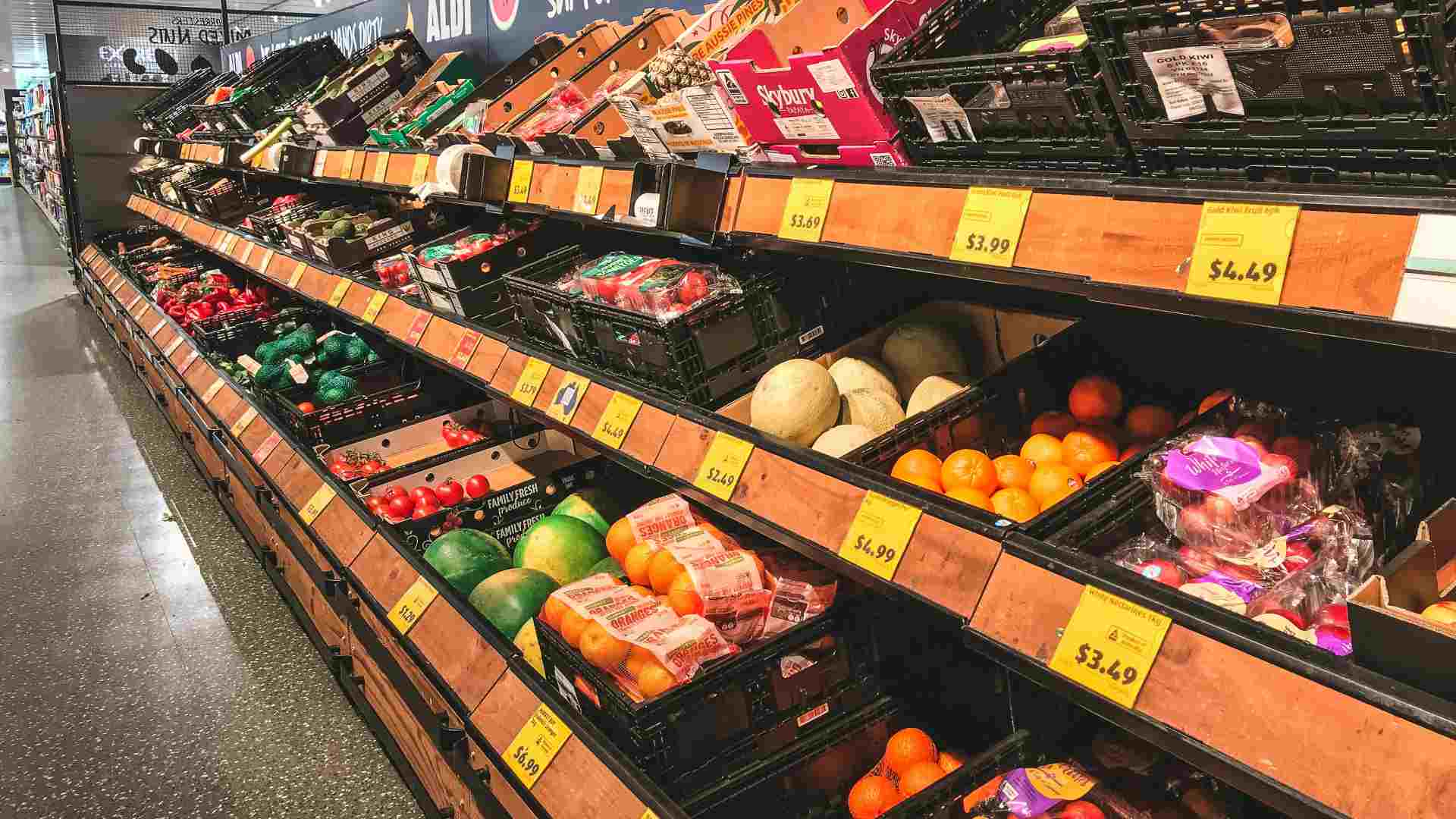
Initiatives to tackle food deserts are gaining momentum across the country. From federal grants to local garden projects, efforts are underway to ensure that all Americans have access to healthy food (via Eden Green).
These programs aim to provide not just immediate relief but also to foster long-term community resilience and food security.
Building Community Solutions
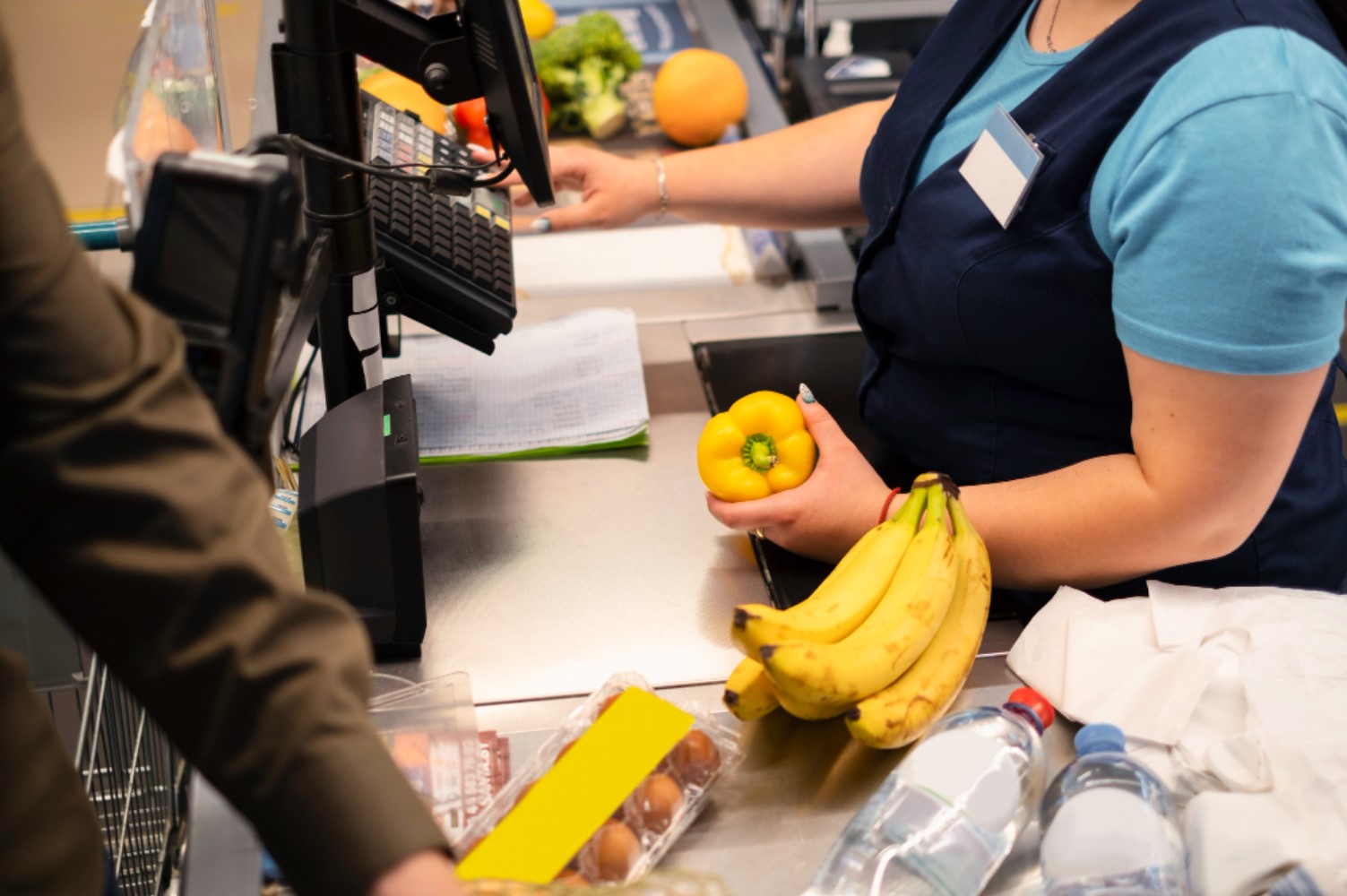
Innovative solutions like local co-ops and community gardens can empower Albuquerque residents, offering sustainable food sources and strengthening community bonds.
Such initiatives not only provide access to fresh, affordable food but also foster a sense of ownership and resilience in the face of food insecurity.
Encouraging Local Farming
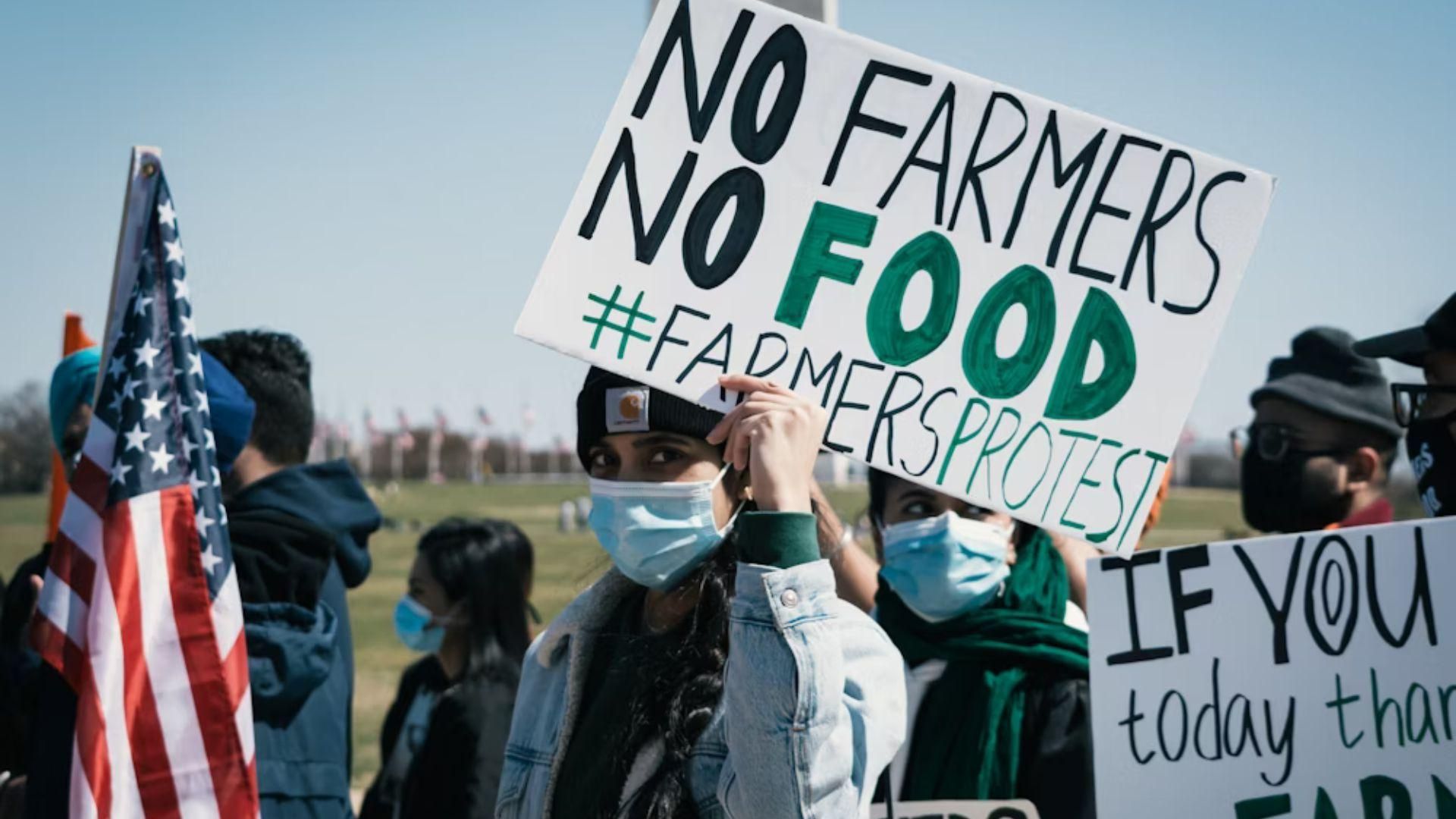
Supporting local farming can transform food deserts into thriving food landscapes.
By investing in local agriculture, communities can reduce their reliance on distant food sources, boost the local economy, and secure a fresh produce supply, contributing to overall community health and sustainability (via NIH).
The Importance of Education and Outreach
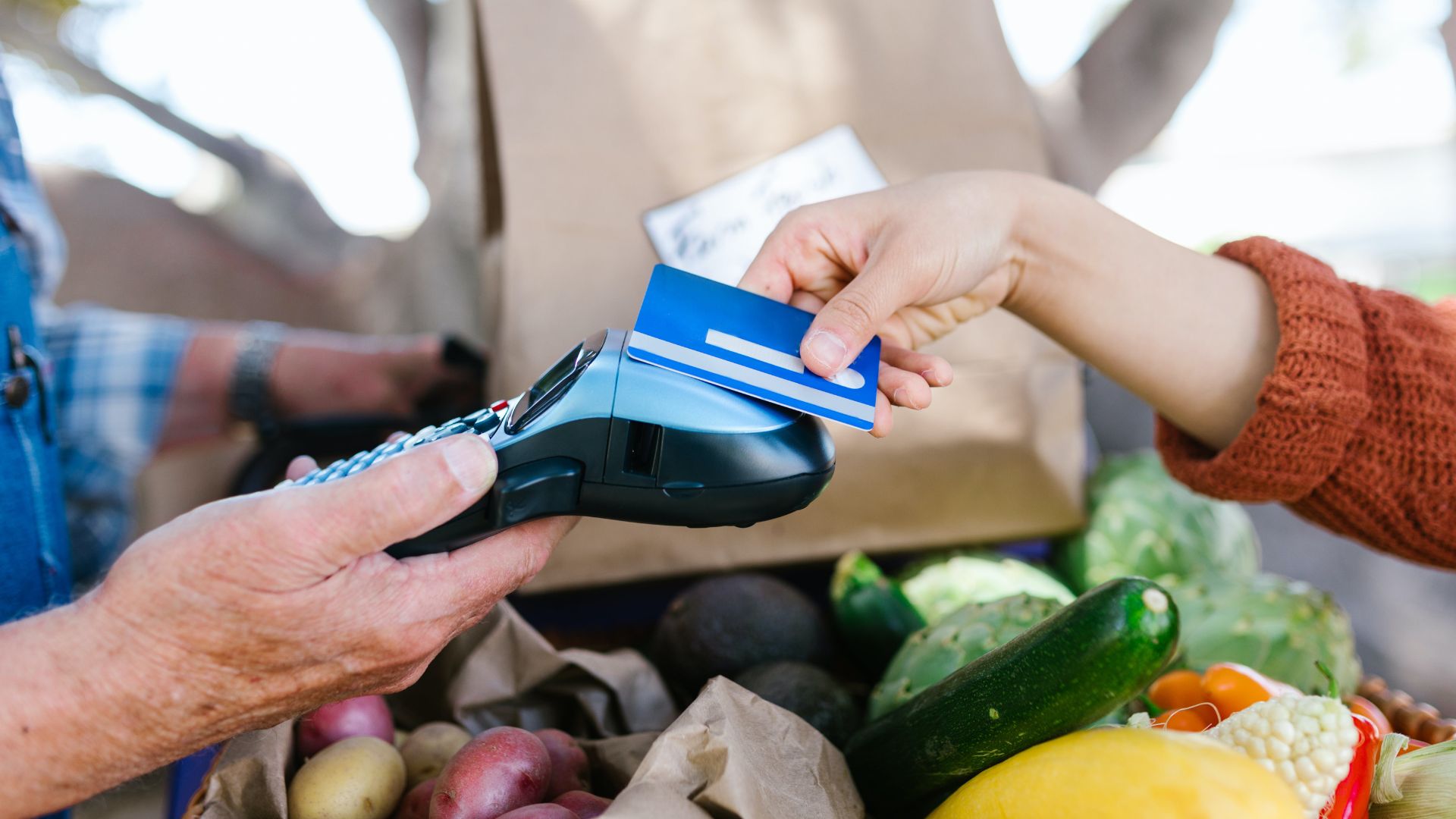
Educational initiatives focused on nutrition, food sourcing, and healthy eating habits can also empower individuals and families to make informed choices.
By providing the tools and knowledge necessary to navigate food deserts, these programs can lead to healthier communities and reduce the impact of food insecurity.
Collaborative Efforts for Change
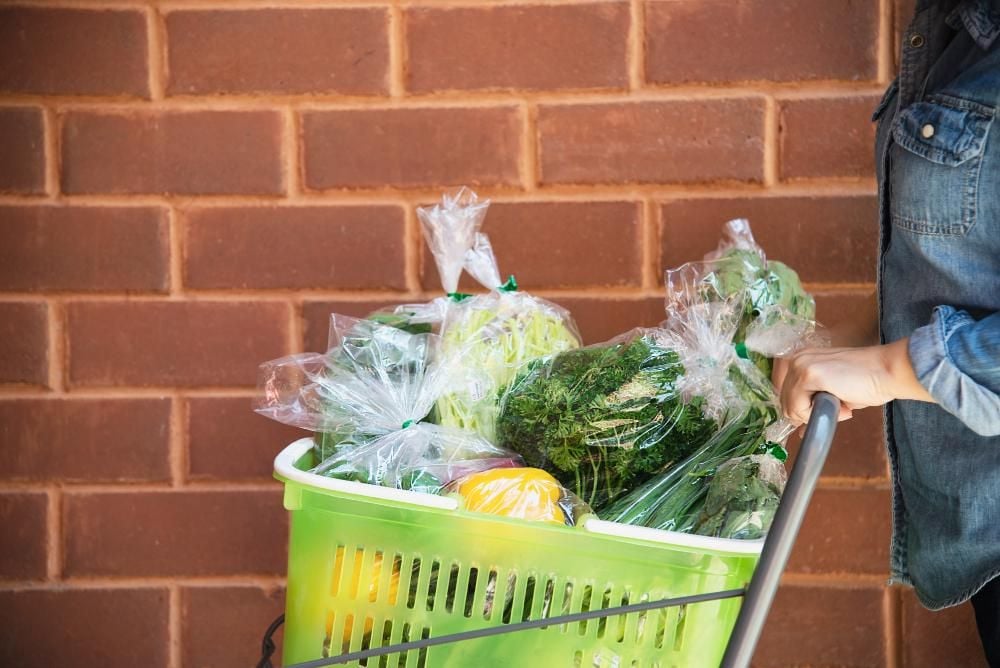
Addressing Albuquerque’s food desert issue requires collaboration across sectors.
By fostering partnerships among local governments, businesses, and non-profits, innovative and sustainable solutions for food accessibility and economic development can emerge, benefiting the entire community.
How You Can Help
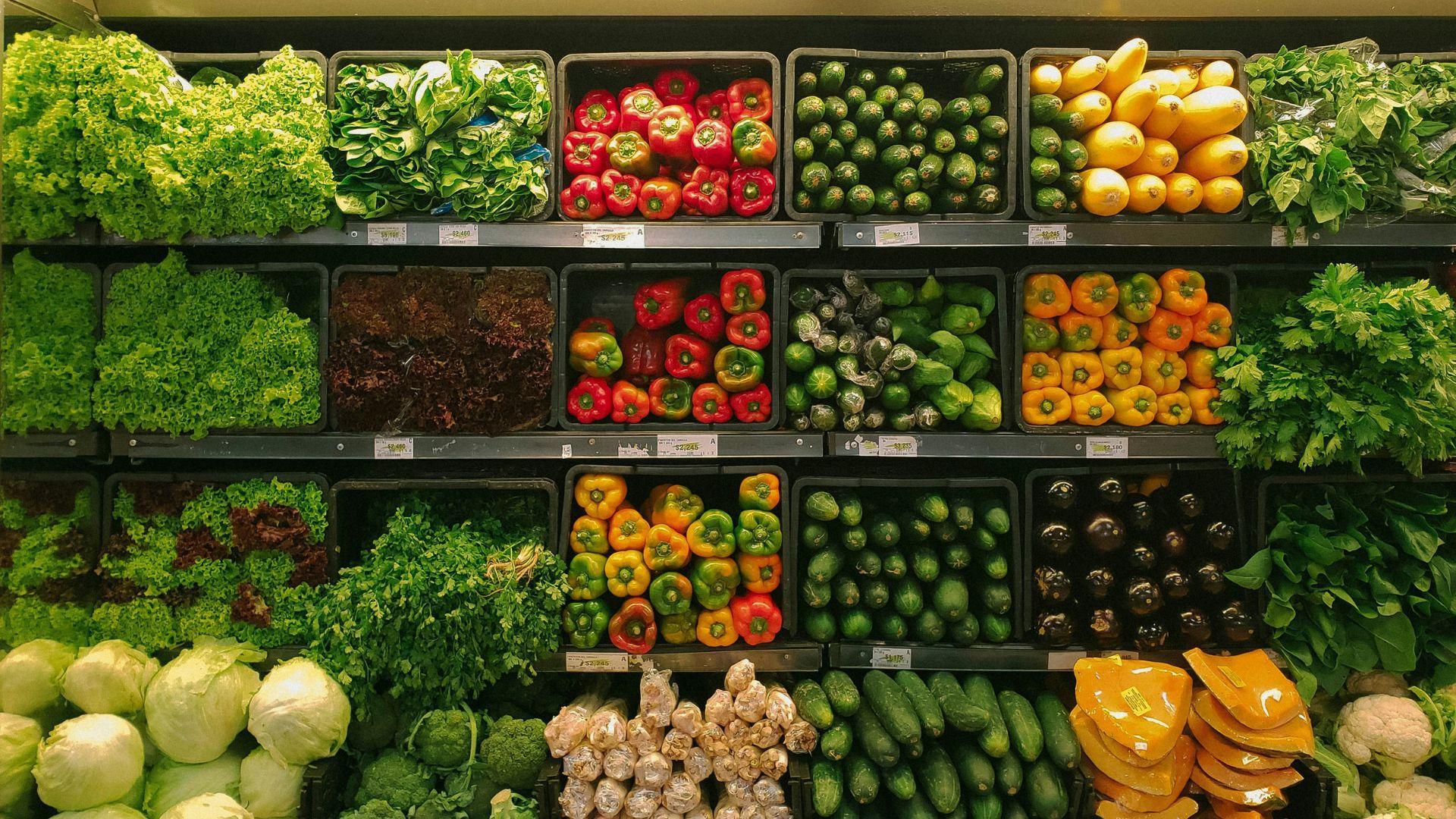
Everyone can contribute to addressing the food desert crisis. Whether through donating to local food pantries, volunteering time, or advocating for policy changes, small actions can make a big difference.
By coming together as a community, both locally and nationally, we can help ensure that no one goes without the basic necessity of nutritious food.
Towards a Nourished Future

The journey through the challenges of food deserts in Albuquerque reveals a community at a crossroads. By embracing collaborative efforts, supporting local agriculture, and investing in innovative solutions like mobile farmers’ markets and community co-ops, we can transform food deserts into oases of nourishment and opportunity.
Together, decisive steps can be taken towards ensuring that every resident has access to affordable, healthy food, laying the groundwork for a more food-secure and vibrant future for all.
